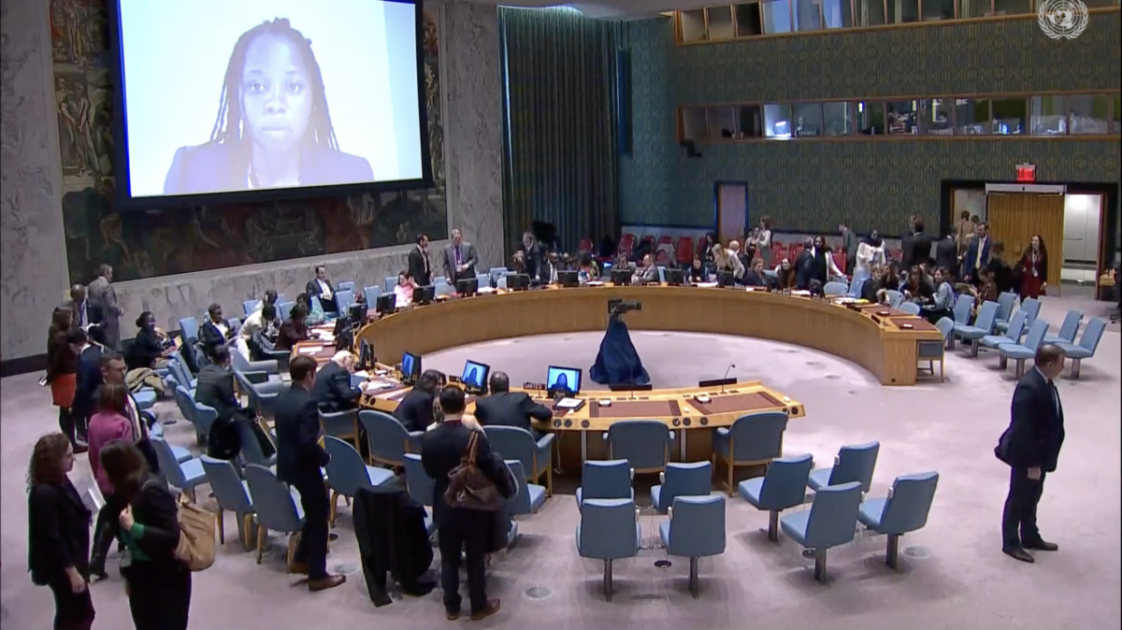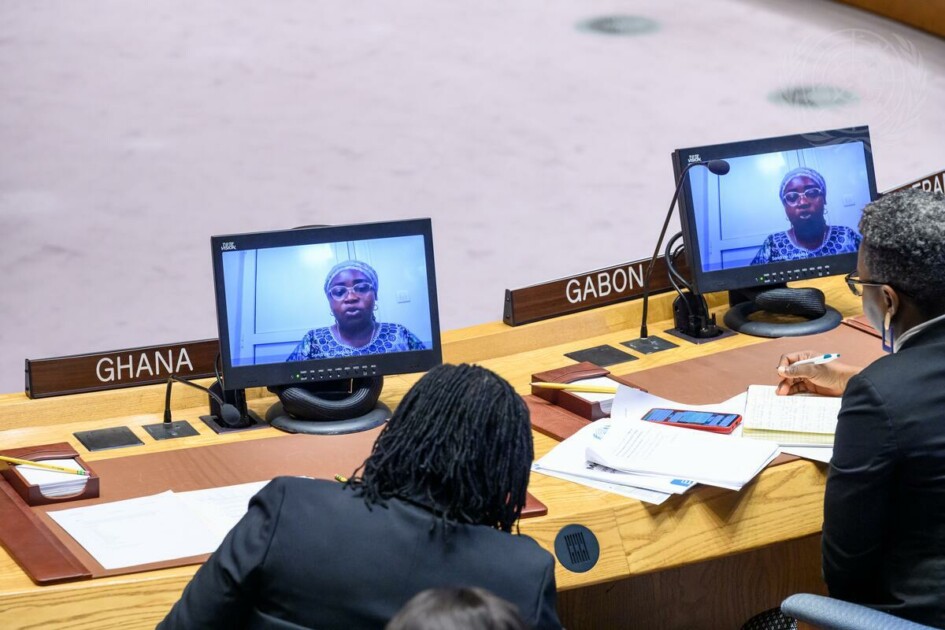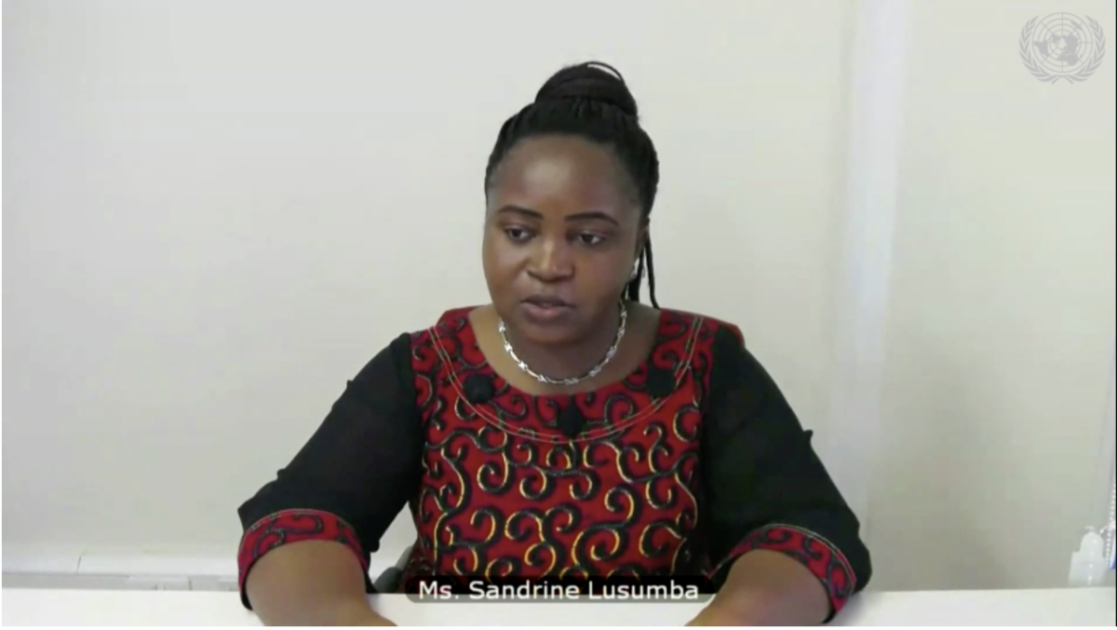Democratic Republic of the Congo
Women in the Democratic Republic of Congo continue to face widespread sexual violence, disease, and displacement in conflict situations arising from clashes between dozens of armed groups. Often, sexual violence and rape are used as terror tactics and weapons of war, and despite the ratification of the Convention on the Elimination of All Forms of Discrimination against Women (CEDAW) and the Women’s Platform for the Peace, Security and Cooperation Framework, women are still largely underrepresented in peacebuilding efforts. Additionally, women activists face rape as a form of torture by government actors who disagree with their political activity. The United Nations Organization Stabilization Mission in the DRC (MONUSCO) aims to provide protection for civilians, including reducing the threat of armed groups perpetrating sexual and gender-based violence, monitoring and reporting on sexual violence and ensuring women’s participation in stabilization and national political dialogue.
Democratic Republic of the Congo
Women in the Democratic Republic of the Congo continue to face widespread sexual violence, disease, and displacement in conflict situations arising from clashes between dozens of armed groups. Often, sexual violence and rape are used as terror tactics and weapons of war, and despite the ratification of the Convention on the Elimination of All Forms of Discrimination against Women (CEDAW), and the Women’s Platform for the Peace, Security and Cooperation Framework, women are still largely underrepresented in peacebuilding efforts.
Additionally, women activists face rape as a form of torture by government actors who disagree with their political activity. The United Nations Organization Stabilization Mission in the DRC (MONUSCO) aims to provide protection for civilians, including reducing the threat of armed groups perpetrating sexual and gender-based violence, monitoring and reporting on sexual violence and ensuring women’s participation in stabilization and national political dialogue.
Current and Past Recommendations to the UN Security Council (Monthly Action Points)
In the mandate renewal for MONUSCO, the Security Council must maintain protection of civilians as a top priority. The relevant women, peace and security elements of the mandate include:
- Mandating MONUSCO leadership to hire a full-time protection of civilians information analyst to consolidate the analysis from the provincial capitals of Goma, Bukavu and Bunia and identify mission-level protection needs and trends. Additionally, the MONUSCO Provincial-level Senior Management Groups on Protection should develop a information collection system to capture that allows for analysis and action while ensuring the safety of mission staff and of the civilians providing information;
- Supporting adequate funding for additional CLA posts, as well as additional provincial-level posts, to support the training and management of staff and to provide critical logistical and administrative support to the CLA program;
- Encouraging Member States to increase resources to successful protection mechanisms such as the Joint Protection Teams, CLAs and Community Alert Networks to better respond to community protection concerns. Many of these mechanisms have proved useful, but in some areas MONUSCO lacks the capacity to expand them further or utilize the information they have provided;
- Mandating more robust patrolling by peacekeepers, including foot patrols, escorts to fields and the use of all-terrain vehicles, especially in LRA areas.
In the mandate renewal for MONUSCO, the Security Council must maintain protection of civilians as a top priority. The relevant women, peace and security elements of the mandate include:
- Mandating MONUSCO leadership to hire a full-time protection of civilians information analyst to consolidate the analysis from the provincial capitals of Goma, Bukavu and Bunia and identify mission-level protection needs and trends. Additionally, the MONUSCO Provincial-level Senior Management Groups on Protection should develop a information collection system to capture that allows for analysis and action while ensuring the safety of mission staff and of the civilians providing information;
- Supporting adequate funding for additional CLA posts, as well as additional provincial-level posts, to support the training and management of staff and to provide critical logistical and administrative support to the CLA program;
- Encouraging Member States to increase resources to successful protection mechanisms such as the Joint Protection Teams, CLAs and Community Alert Networks to better respond to community protection concerns. Many of these mechanisms have proved useful, but in some areas MONUSCO lacks the capacity to expand them further or utilize the information they have provided;
- Mandating more robust patrolling by peacekeepers, including foot patrols, escorts to fields and the use of all-terrain vehicles, especially in LRA areas.
Relevant Resources









